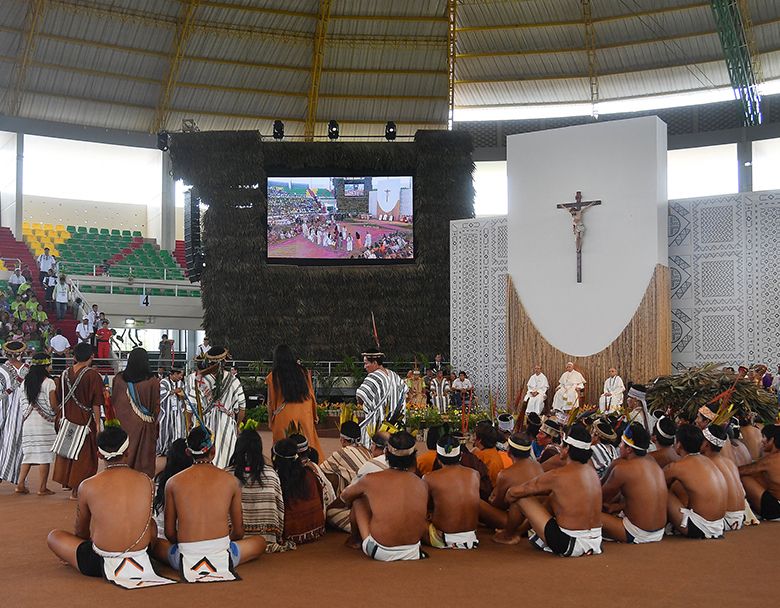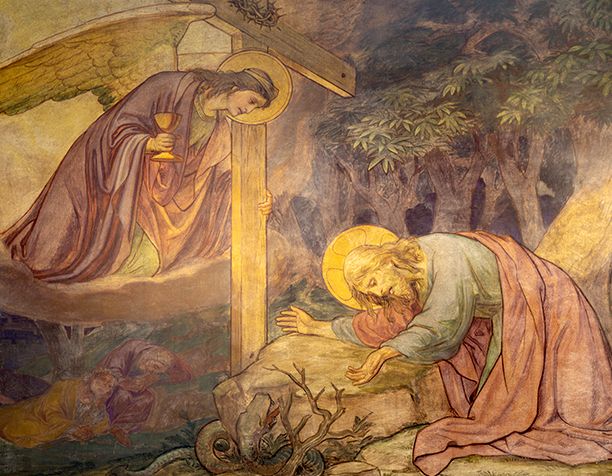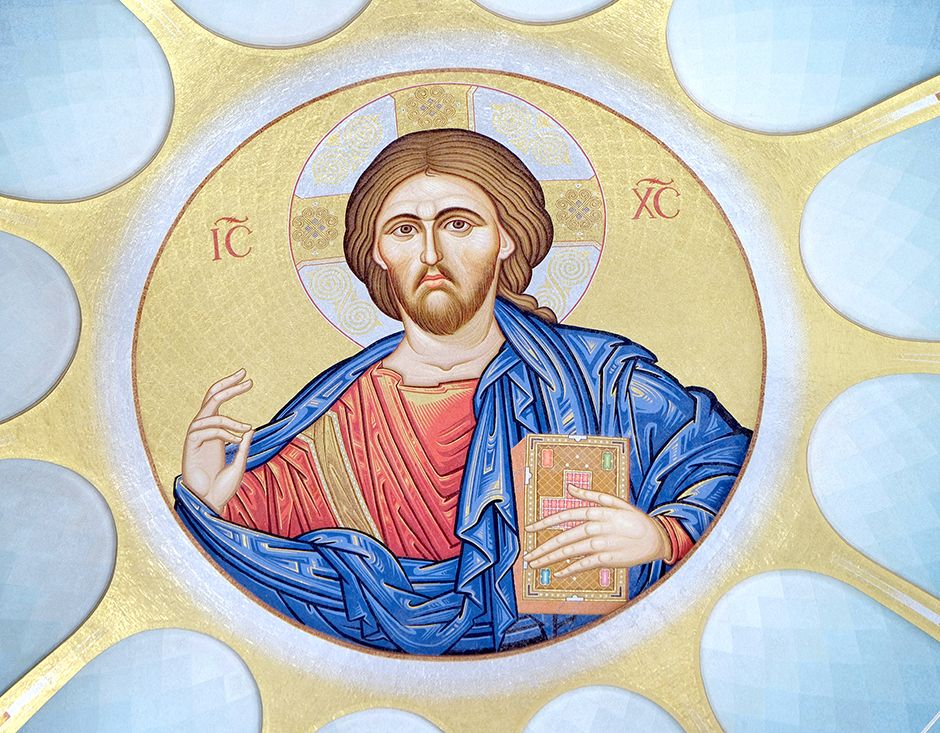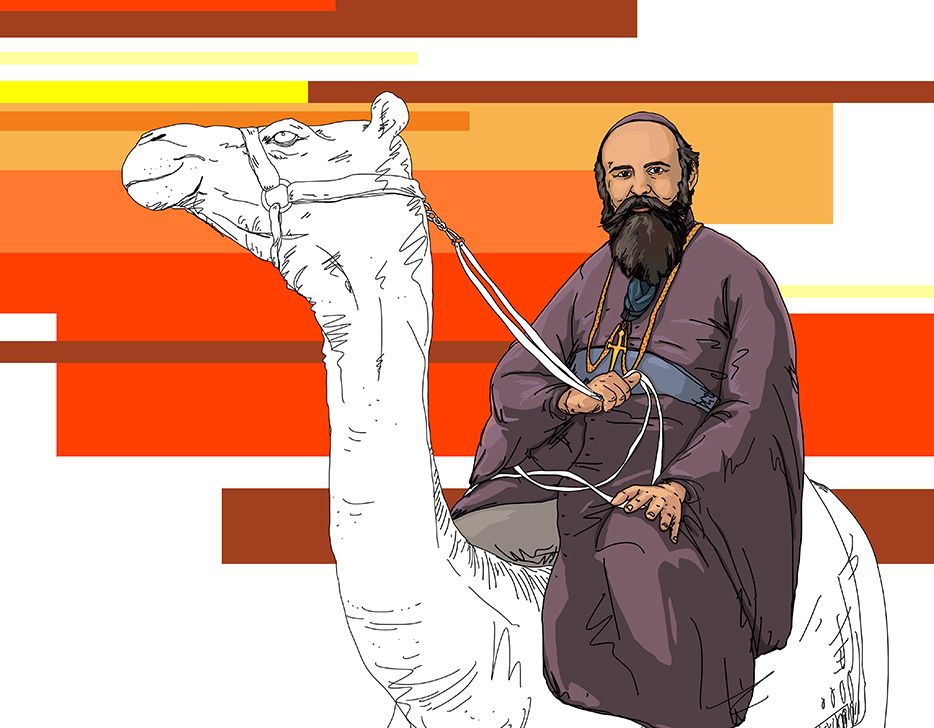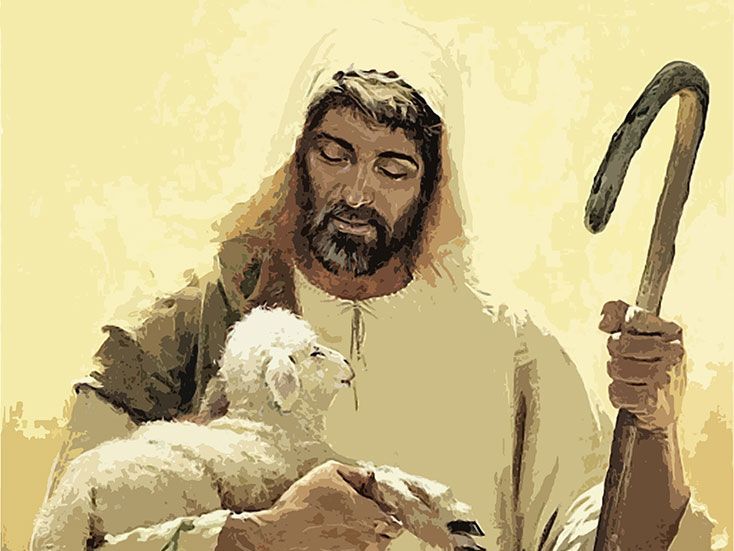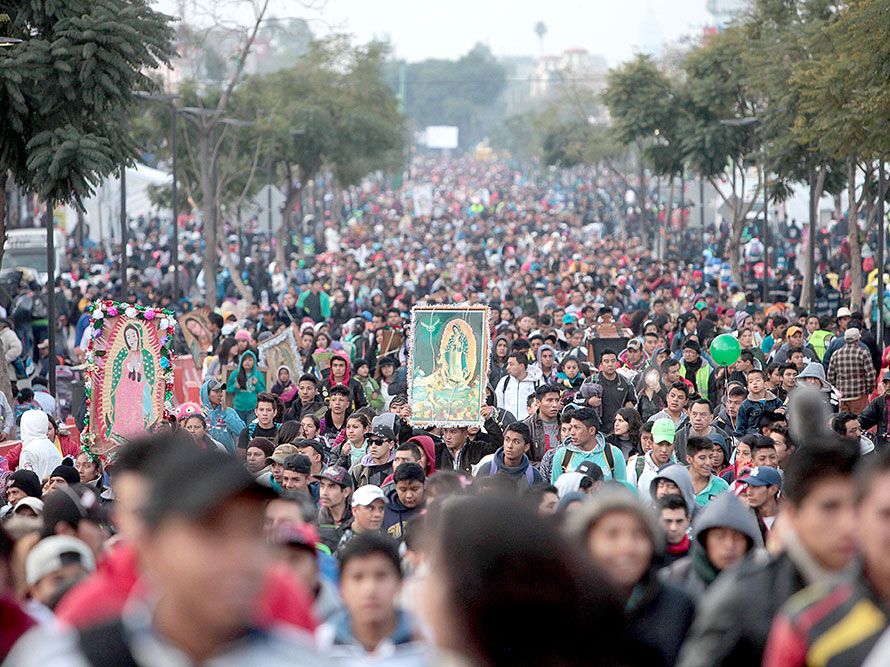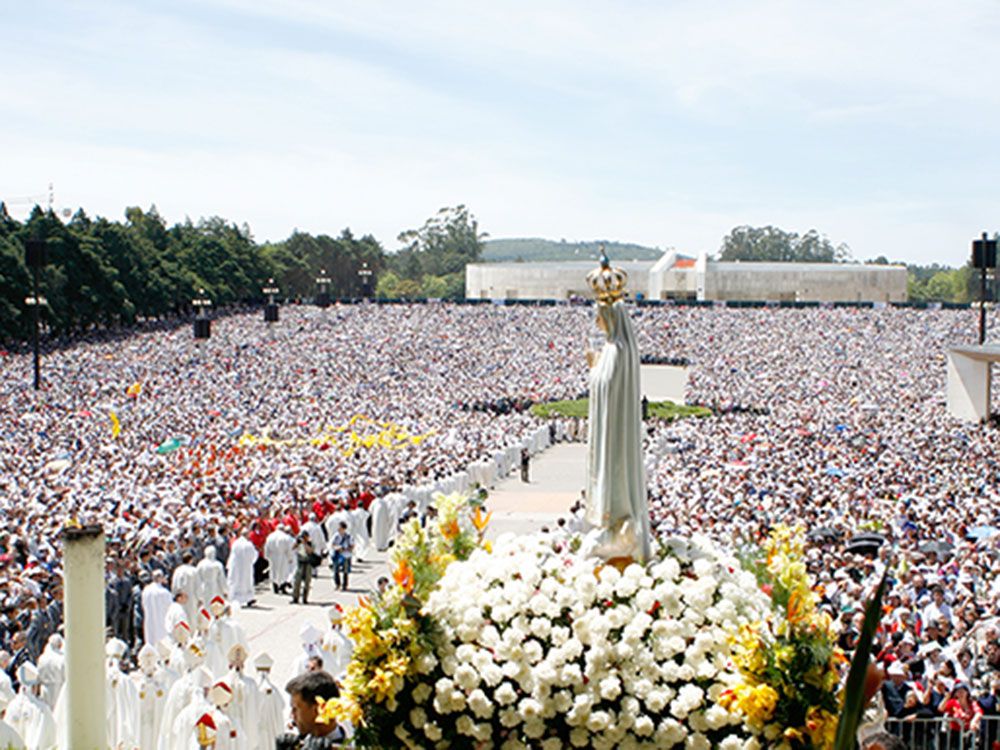In the apostolic church, two people clearly stand out: Peter and Paul. Both are revered as saints, great missionaries, and church leaders, not only in their time but also in centuries to come. The Acts of the Apostles make sure to point our attention to them by reporting their words, actions, and miracles.
The interest of the Acts of the Apostles in the figure of Paul is an obvious fact. In addition to presenting his conversion from persecutor to evangelizer (Acts 9), Acts introduces him as a hero and main character for his activity as a missionary and founder of churches (Acts 13 to 20) and later as a persecuted disciple of Jesus.
Yet, for all his effort, not even Luke–the author of Acts–could hide that Peter and Paul had their differences (Gal 2:11-12), and that Paul himself took some time to understand God’s call. Paul’s vocation is so essential that Acts recounts the event three times. The first account (9:1-9) sets out the events following the martyrdom of Stephen. The second account (22:6-21) is put on the lips of Paul himself who obtains from the Roman tribune to speak in his defense to the crowd of Jews who want him dead. The third story (26:12-23) is the richest in detail.
Paul himself writes about it in his letters (1Cor 15:8-10; Gal 1:15f; Phil 3:3-13; 1Tim 1:12f). After all, he is the best person to recount that experience, an experience of conversion from ardent Judaism to Christ as the revealer of the true face of God and an experience of vocation to bear witness to the excluded Gentiles.
Reading the Acts and Paul’s letters, we can understand how he took time to give a final shape to his call. While he always claimed to be sent to the Gentiles, in reality he always addressed the Jewish community in those places he reached first. Nonetheless, he worked tirelessly to preach the Good News and to make a dent in the people and cultures he approached.
PREACHER OF THE GOSPEL
Paul knew well that there is but one “gospel” (Gal 1:6-8), preached by all the Apostles (1Cor 15:11). Yet he can speak of “his” gospel (Rom 3:16; 2Cor 4:3). Paul was well aware that his way to present the Gospel was geared to a new cultural, social, and religious vision. He also understood that the universality of Jesus’ message was not a veneer to make it more pleasant to the Gentiles, but belonged to the very “truth of the gospel” (Gal 2:5, 14). He claims to be a mere servant of a higher truth that needs reinterpretation according to one’s culture and experience. “I am indebted to the Greeks and to the barbarians, to the wise and to the uncultured.” (Rom 1:14).
From this conviction he drew missionary energy: “I am not ashamed of the gospel, for it is the power of God for the salvation of everyone who believes.” (Rom 1:16). Indeed, for it he suffered (Col 1:26) and struggled (Col 1:29), even in captivity (Col 4:3.10.18). From the same conviction, now reduced to chains, he derived the reason for all his happiness: “I have been set up for the defense of the Gospel…so that in every way Christ may be proclaimed, I rejoice and will continue to rejoice.” (Phil 1:16, 18) Paul understood that witnessing Christ in one’s life was the only way to generate true Life in others. This insight is the foundation of some remarkable expressions that we find in his writings: “For me, to live is Christ, and to die again.” (Phil 1:21) “It is no longer I who live, but Christ who lives in me” (Gal 2:20). In the task he performs, the certainty of his personal destiny is also at stake: “All I do for the sake of the gospel, that I may be partakers of it with them.” (1 Cor 9:23) “For I know that all this will be for my salvation; indeed in full confidence that, as always, even now Christ will be glorified in my body, whether I live or die” (Phil 1:19f). The Gospel proclamation can then be proposed by him as imitation: “be imitators of me, as I am of Christ” (1Cor 11:1).
Witnessing, as the modality for mission effectiveness, also concerns the Church as such. The spread of the life of faith is ensured by the very life of Christians, which -when it conforms to the gospel-becomes the truest form of the Word of God. Thus, he writes to the Thessalonians: “You have become imitators of us and of the Lord, having received the Word with the joy of the Holy Spirit … so that you have become a model for all believers …” (1 Thess 1:5-7).
PROMOTER OF TRANSFORMATION
Paul did not preach the Gospel in a vacuum. The cultural, religious, and social stratification present in the human community existed also within the springing Christian community. Paul invited his followers to realize that the Love preached by Jesus required overtaking the barriers among them. Paul wanted equality among the members of his communities. “There is no longer Jew or Greek; neither slave nor free; no man or woman, because you all are one in Jesus Christ” (Gal 3:28). Declaring equality between Jews and Gentiles was a big step, even for the first Christians. It meant to recalibrate the meaning of God’s Alliance with Israel, to reinterpret the history of salvation culminating with Jesus. This was at the core of the first council of the church, when it was decided that non-Jews were entitled to hearing the Gospel and be part of the community (Acts 15).
The society in the Roman Empire was also clearly divided between free men–and women– and slaves. Today we might react to the idea of owning a human being, but this was not so obvious in ancient societies. Paul perceived the system’s injustice but did not formulate a clear evaluation of the problem. However, in the case of Onesimus– runaway slave belonging to Philemon, one of his collaborators – Paul asks the owner to welcome the slave as a friend, as a brother (Phil. 15-16). It might be that Paul foresaw the abolition of slavery because of Jesus’ commandment of love, yet he also realized that such a drastic social change would need time (1Cor 7:21-23).
Regarding the role of women within the community, Paul’s vision is clear. He envisioned equality among disciples, the only difference would have been the charisms they were given. Unfortunately, not all the letters attributed to Paul are his work. And in those written by other authors and later attributed to him, we find negative comments about women. In reality, among Paul’s companions and collaborators, we see many women. Some of them have important roles in the communities. Among them we can distinguish Phoebe (Rom 16:2) who is not only called deaconess but also protector. Prisca (Rom 16:3), Mary (Rom 16:6), Triphena and Tryphosa, and Persis, of whom it is said that they labored for you and for the Lord. Not forgetting Evodia and Syntica, who fought for the gospel with him (Phil 4:2-3).
This may not seem much to those who hold modern views about equality. However, in first century society, women were at a disadvantage. They normally had little say in public, could not hold positions in public administration, and even in private matters they often had to refer to a male tutor. What Paul did was to empower all disciples to serve the community beyond gender or other human limitations. A great step forward to create a new model of society.
PAUL’S VISION
Scanning through these short notes about Paul, we can immediately identify some aspects of importance. In Acts 9:26-31, there is an interesting story. Paul became the target of hatred within the community. The apostles sent him back to Tarsus and, Luke says, there was suddenly peace throughout Judea, Galilee, and Samaria. In other words, Paul was the source of the tension.
Paul himself wrote that he was given a thorn in the flesh (2 Corinthians 12:7–10), a human limitation that prevented him from being the person he longed to be. This human side of Paul makes him so important to us today.
Paul took time to grasp the meaning of his call. He struggled with the methodology to be used. Yet, he entirely gave himself to the missionary work of the Christian community. As an evangelizer, he preached the Gospel. As a missionary, he reached out to all and promoted change. He envisioned the new group of believers as challenging society to build a new reality. This work of transformation is truly evangelization: to strive to build the Kingdom of God, transforming society and running it as He would.










